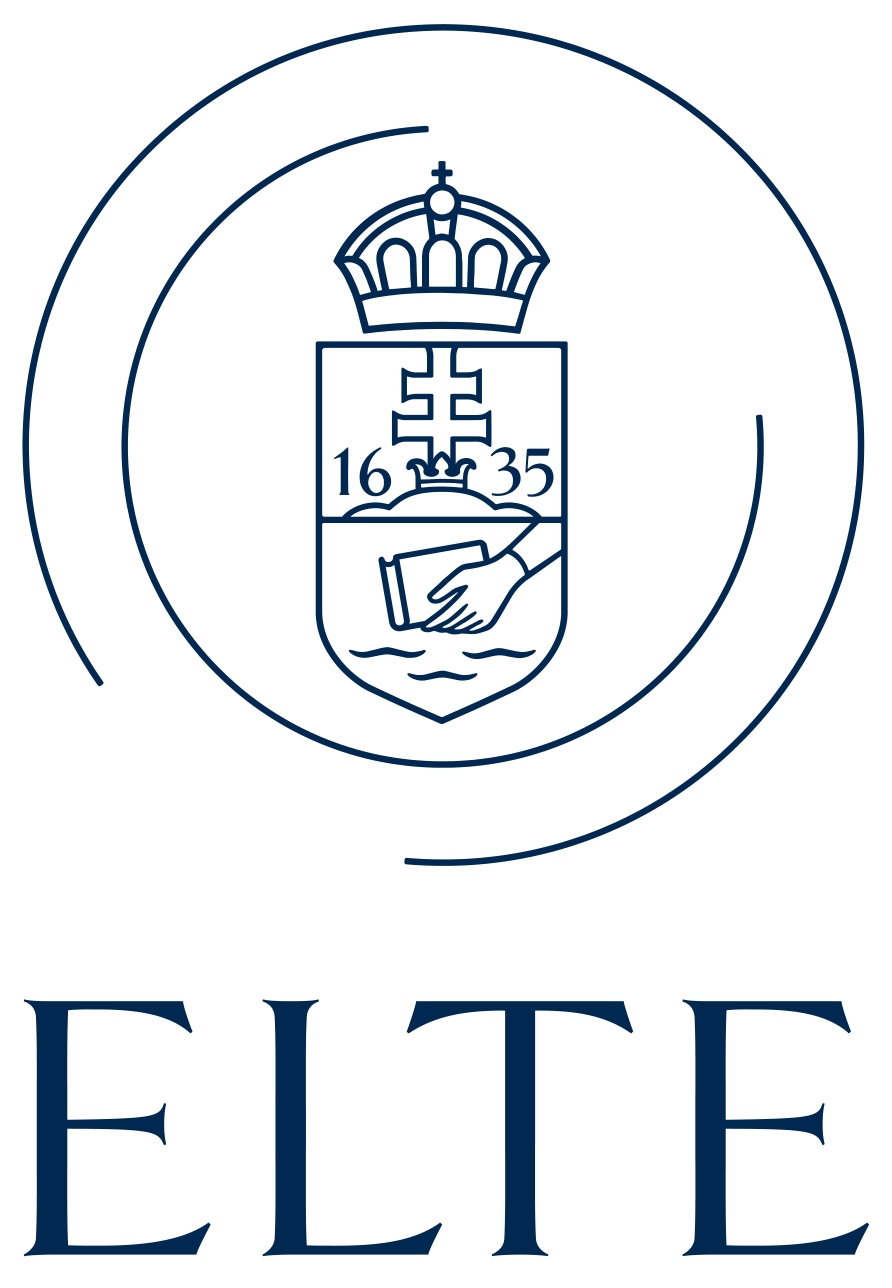-
Description of the research topic:
“Extreme climatic events can have more dramatic effects on ecosystems compared to a gradual increase in the annual mean regimes. By abruptly pushing organisms beyond their thermal optima, they leave limited space for physiological or genetic adaptation. Despite of this, our understanding on the effects of global warming is largely based on the effects of constantly increased temperatures. For more realistic predictions on the effects of climate change, future studies need to pay more attention on increased climate variation.
In this study, we will experimentally test the effects of heat waves on aquatic communities and ecosystem functioning, by using plankton as model organisms. Plankton play key roles in aquatic trophic webs. Phytoplankton are the main primary producers, while zooplankton represent the key link for energy transfer between primary producers and higher trophic levels, including fish. Compositional shifts of plankton can therefore have wide-ranging consequences on ecosystem functioning. Besides, planktonic organisms are excellent models for community ecology studies due to their enormous functional diversity and short generation time, which allows them to rapidly respond to environmental change.
The main research questions of the proposed study, which will be tested via laboratory microcosm and outdoor mesocosm experiments, are as follows: (1) How does warming alter the strength of species interactions? (with particular focus on the role of species with key importance, e.g. dominant omnivores), (2) How do the effects of warming depend on different temperature regimes (constantly increased temperature vs heat wave)?, (3) What are the links between the observed functional changes and community composition, (4) and how do they reflect on ecosystem functioning (e.g. productivity, resource use efficiency, stability)?
The research will be performed within the project AQUACOSM-plus, funded within H2020, which builds on the previous AQUACOSM (https://www.aquacosm.eu/project-information/). There will be plenty of opportunity for international mobility, study visits to state-of the art experimental facilities, and to build long-term international collaborations.
The proposed PhD research includes multiple practical tasks including handling laboratory cultures, microscopy, and general lab work (e.g. standard measurements of water quality).
Two PhD topics are available within the broader theme of this announcement (to be specified together with the supervisors after the first contact).”Thesis supervisor: Csaba Ferenc Vad
Required language skills: English
Further requirements:
– Sound knowledge of English (speaking and writing)
– Excellent ability of working alone and in a team
Useful:
– Theoretical and practical knowledge in basic statistics
– Theoretical and practical background in community ecologyHow to Apply?
If you are interested apply here: [PhD] Doctoral School of Biology – Eötvös Loránd University (elte.hu)
For more information visite the following website: Doctoral School of Biology (elte.hu)
-
Funded: Not Funded
Master Degree: Required
Duration: 4 Years
Full/Part Time: Full Time
Starting Date: 06 September 2021
Deadline to Apply: 31 May 2021
-
Only local Hubs members can access this page. Join the community today: https://archive.phdhub.eu/register
Fields of Science:
Research Areas:

